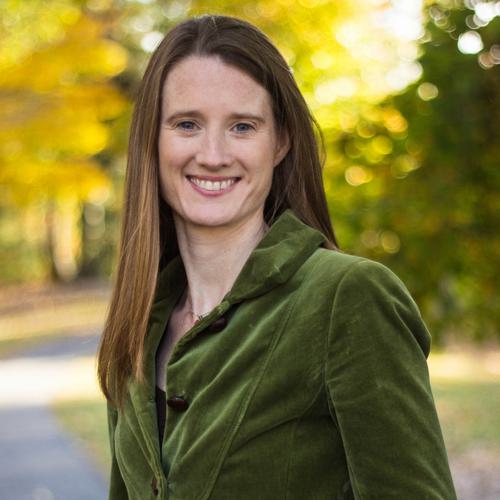
Erin Battat
Associate Teaching Professor in Writing
My research and teaching explores the literature and art of social movements, migration and immigration, historical memory, and public history.
In my classes, students connect with one another as human beings, discuss challenging topics and texts, exchange ideas through writing, and provide feedback to one another. In doing so, they cultivate community and embrace writing as an iterative and social process.
My research explores the intersections of cultural expression, historical memory, and social change. My book, ‘Ain’t Got No Home’: America’s Great Migrations and the Making of an Interracial Left (UNC 2014), examines how writers and artists in the 1930s used migration narratives to envision an interracial movement for economic and racial justice. My recent essays on Sanora Babb have contributed to the recovery of this little-known radical woman writer.
Other professional interests and activities
Working with local tribal communities, I am developing a public history project in Natick, Massachusetts that aims to center Indigenous voices, past and present. I am also helping Wellesley College put its Land Acknowledgement into action by coordinating programming with Nipmuc and Wampanoag tribal members.
Personal interests
My husband and I have three children (Sebastian, Kiernan, and Julian) and a dog (Snickers). I can often be found running on local trails, eating ice cream at Truly’s, or hitting the slopes in Vermont. Some of my favorite places in the world are Glacier National Park, Montana; Dingle Peninsula, Ireland; the Kalalau trail in Kauai, Hawaii; and Birch Island, Maine. My dream is to hike the Inca trail to Machu Picchu!
External links:
Ain’t Got No Home: America’s Great Migrations and the Making of an Interracial Left
Ed Vulliamy, “The Vindication of Sanora Babb” The New York Review
Joanne Dearcopp and Christine Hill Smith (eds.), Unknown No More: Recovering Sanora Babb
Education
- B.A., Georgetown University
- M.A., Harvard University
- Ph.D., Harvard University